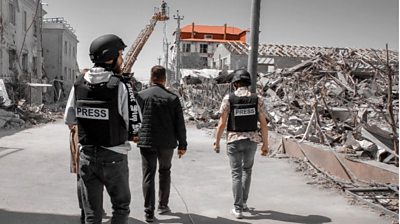On World Press Freedom Day, we're celebrating eight remarkable projects supporting our media partners to produce trustworthy information and content that goes beyond news - tackling information disorder, bridging divides, building resilience and inspiring climate action.
-
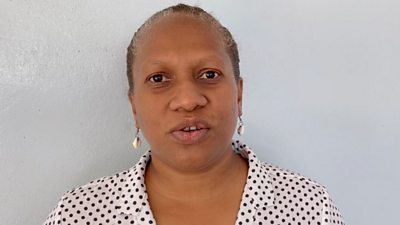
Solomon Islands: Giving audiences their say
Our first project in Solomon Islands supports journalists,including Lanieta Nimelea, lead presenter and station manager at Paoa FM, to help audiences speak out on issues important to them and create high-quality coverage. -
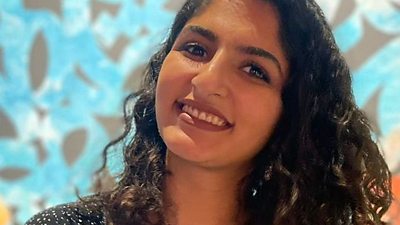
Libya: Our Lifeline response
Our award-winning digital news and current affairs platform for Libyan audiences reaches up to six million people a month. Sara Alhouni gives a behind-the-scenes view of how El Kul provided Lifeline information to survivors of the devastating flooding in Derna. -
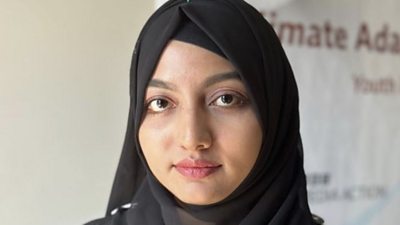
Bangladesh: Reporting locally-led climate efforts
We trained 40 journalists and 20 content producers to effectively report on how communities are coping with the impact of the climate crisis – with support from the Global Center on Adaptation. -

Sierra Leone: Tackling gender bias
Our flagship media development project, PRIMED, has supported journalists, like radio producer Davida Garber, to ensure equal representation for women and to cope with challenges to press freedom. -
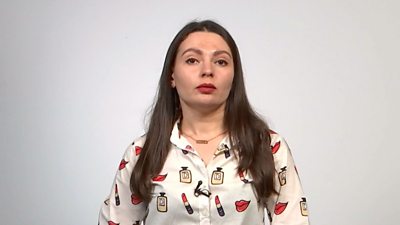
Ukraine: Press freedom in wartime
Since the Russian invasion of Ukraine in February 2022, we continue to work with public interest journalists across the country helping them to stay on air and serve their communities. -
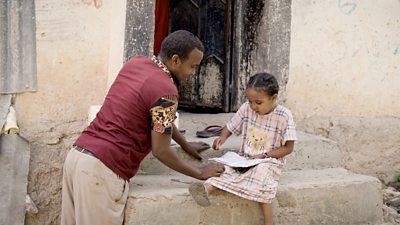
Somalia: Providing expert content on climate issues
Our Down2Earth project supports local journalists to produce content on weather and climate issues - conveying crucial, practical information from experts directly to communities. -
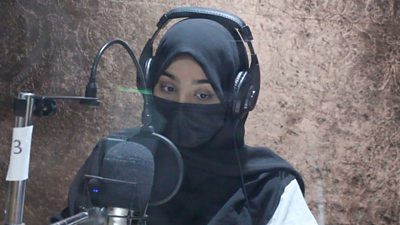
Afghanistan: On air against the odds
As women’s rights remain severely curtailed, a group of brave female radio producers and presenters stay on air bringing critical health information to their audiences. -
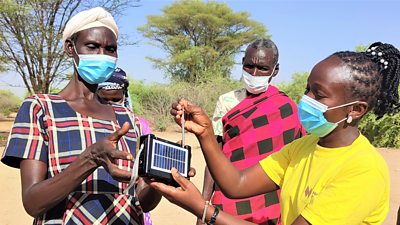
East Africa: Living Climate Change
Our podcast speaks with people across the region, to find out how they are living with climate change; how they understand weather patterns and predict what is ahead; if and how they are adapting; and what they expect from their policymakers.
